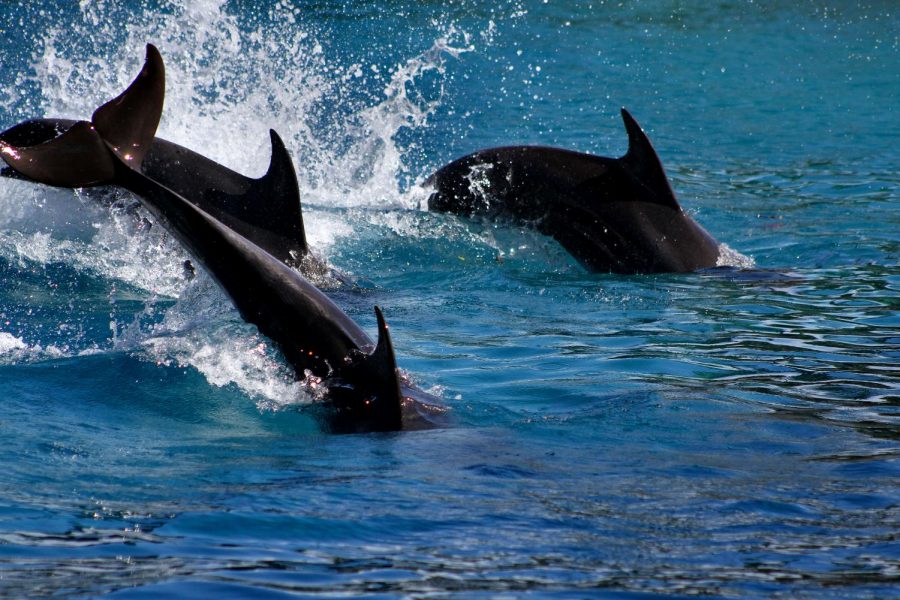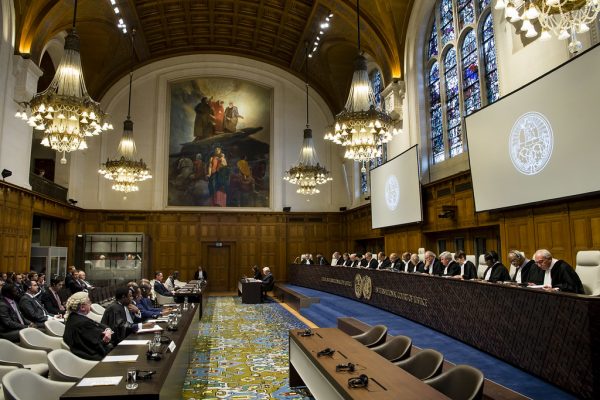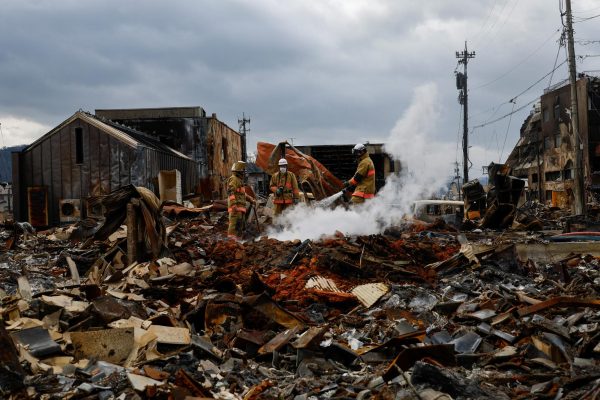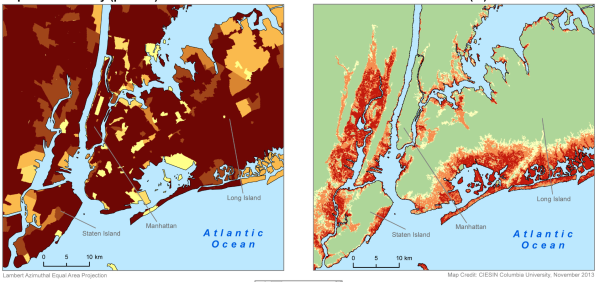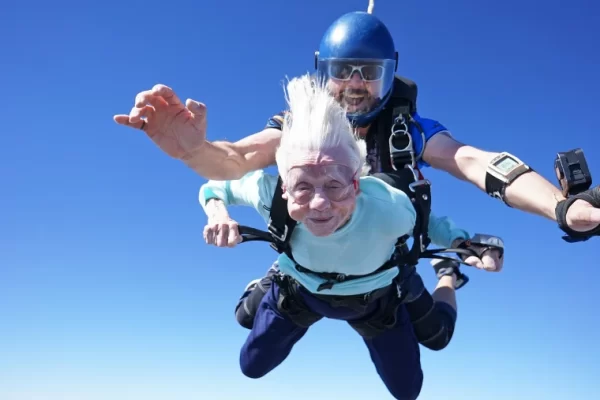1,400 Dolphins Slaughtered in Traditional Hunt
A dolphin swimming in the Faroe Islands
Over 1,400 dolphins were massacred in the Faroe Islands on Sunday, September 12th. These killings are part of the annual Faroese Grind hunt that dates back to 800 CE. Despite its cultural roots, this year’s slaughter sparked a public outcry over the ethics of this tradition.
On one hand, locals claim that the grindadráp is a cornerstone of their heritage. The meat and blubber of pilot whales (the commonly targeted dolphin species) was first consumed by their Viking ancestors over a thousand years ago. Through the centuries, the ritual held its place as a time-honored activity administered by government guidelines. For the islanders, it helps breed a sense of community and self-sufficiency. According to National Geographic, the whale meat is freely distributed amongst the people to be eaten raw in thin slices, and the blubber accompanies it as a side, along with potatoes. However, the most recent hunt butchered significantly more dolphins than what is necessary to nourish the locals, to an extent in which the remaining animals are being offered to outside districts so as to avoid wasting the meat.
However, activist groups have condemned the extreme environmental losses that stem from this practice. In 2020 in particular, the sheer magnitude of the catch fueled a worldwide debate over tradition and sustainability. Many argue that tradition isn’t enough to warrant a custom that appears so ecologically damaging by modern standards.
Nicole Hodgins, an author at the Whale & Dolphin Conservation, states, “WDC would like to see an end to all cetacean hunts undertaken in the Faroe Islands…The chase and subsequent method of slaughter ensures that dolphins will experience intense pain and suffering in their final hours.”
Hodgins is not alone. After the killing, many individuals expressed their horror on social media. User Dominic Dyer took to Twitter, “The whale & dolphin slaughter in the Faroe Islands is cruelty, not culture.”
The Faroese Prime Minister Bardhur A Steig Nielsen responded to the criticism less than a week later, stating that “We take this matter very seriously. Although these hunts are considered sustainable, we will be looking closely at the dolphin hunts, and what part they should play in Faroese society.”
The yearly number of animal lives claimed in the Grind is estimated to be around 250, but this year it rose to be almost six times as large. However, the increase didn’t stop locals from defending the slaughter. Steintór, a sixty-one-year-old lobster fisherman from the village of Oyri, told CNN, “I think it’s very necessary to kill whales…We do it in a very humane way, using vegetarian-certified tools.” Hunting and killing methods have improved over the centuries to minimize the pain inflicted upon sea mammals. Until 1986, the killings were executed with harpoons and spears, which elongated the killing process. They’ve since been replaced with whaling knives that punctuate the main ventral vessels on either side of the animal’s neck to extract as much blood as possible.
Steintór further added, “The problem in the Faroe Islands is that we have a public slaughterhouse. So everyone can see what is going on.” The grindadráp first came under fire in the 1980s when Sea Shepherd launched a campaign denouncing this practice. It was also during this time that well-known groups such as Greenpeace and Save the Whale started releasing graphic images of whaling in the media to garner attention to this issue. With the new exposure, many individuals criticized the level of brutality that was being utilized. But the hunt never ceased to exist partly due to the fact that it isn’t performed for commercial purposes, but also due to the sustenance of the islanders.
Sea Shepherd, an organization dedicated to the protection of ocean wildlife, began its fight against the Grind in 1983 by sending a small group of people to the islands to interrupt the yearly hunt. In 1986, members of the non-profit traveled to the Faroe Islands alongside the British Broadcasting Corporation’s film crew to produce the award-winning documentary “Black Harvest.” In 2010, they set “Operation Grindstop” in motion, in which Captain Peter Hammarsteddt went undercover to the islands to collect evidence of the “gruesome” reality of this practice. In 2014, volunteers ventured to the island and victoriously reduced the casualties of the Grind to 33 whales, a low number compared to the 1,300 whales and dolphins that were massacred the year before. In 2021, Sea Shepherd continued to pursue their project to end the Grind. Captain Alex Cornelissen, the group’s Global CEO, reflected on this year’s slaughter, “If we have learned anything from this pandemic is that we have to live in harmony with nature instead of wiping it out.”
The grindadráp is a topic that brings much controversy. Since the 20th century, the occasion has created a division between people who believe it to be sustainable and those who object to its harmful environmental effects. The local government has yet to determine whether this practice should be upheld in 2021. Until then, activists continue to push their anti-whaling campaign forward.

